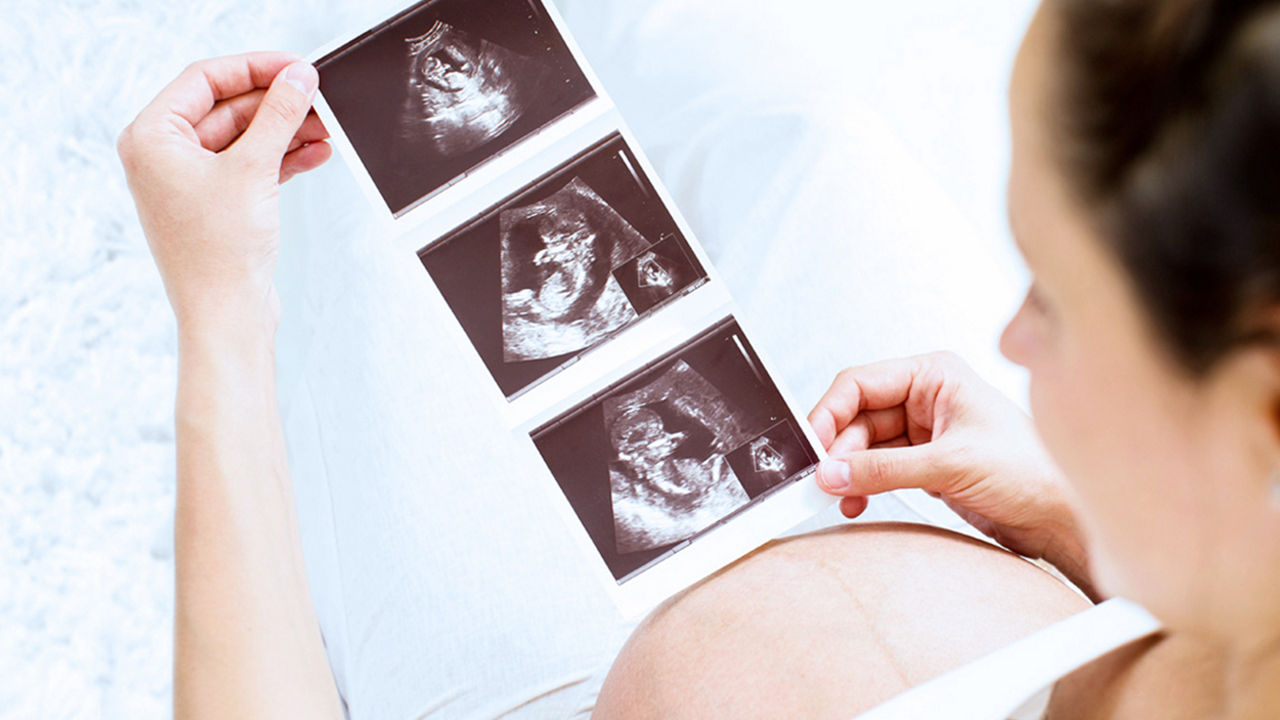Breastmilk is the best for babies. The World Health Organisation recommends exclusive breastfeeding for the first six months of life. Unnecessary introduction of bottle feeding or other food and drinks will have a negative impact on breastfeeding. After six months of age, infants should receive age-appropriate foods while breastfeeding continues for up to two years of age or beyond. Consult your doctor before deciding to use infant formula or if you have difficulty breastfeeding.
- Week 1
- Week 2
- Week 3
- Week 4
- Week 5
- Week 6
- Week 7
- Week 8
- Week 9
- Week 10
- Week 11
- Week 12
- Week 13
- Week 14
- Week 15
- Week 16
- Week 17
- Week 18
- Week 19
- Week 20
- Week 21
- Week 22
- Week 23
- Week 24
- Week 25
- Week 26
- Week 27
- Week 28
- Week 29
- Week 30
- Week 31
- Week 32
- Week 33
- Week 34
- Week 35
- Week 36
- Week 37
- Week 38
- Week 39
- Week 40
Week 4 of Your Pregnancy
Your Baby
In week 4 of your pregnancy, the baby will temporarily get its nutrients from the small yolk sac in its egg, but it'll soon switch its source to the placenta
Your body
You'll not look pregnant at this stage yet as your bump doesn't show until at least week 12. You won't be feeling any pregnancy symptoms yet (nauseous etc.) but your placenta is starting to develop. . This is a new organ that you're starting to develop that will supply your baby with oxygen and nutrients to develop and grow. You pass antibodies to your baby through the placenta too. It gives your baby the resistance it needs to fight infections in your womb. The placenta will also produce hormones like progesterone and relaxin to allow your uterus to relax and make room for your growing baby.
Pregnancy symptoms at 1-4 weeks
You may notice some of these symptoms at the start of your pregnancy:
- Missed period
- Need to urinate frequently
- Metallic taste in your mouth
- Change in food preference
- Morning sickness
- A milky white discharge from your vagina
All of these are perfectly normal, do not panic!
Our AptaAdvantage Tip
Pregnancy can be stressful and daunting especially if you're a first time mother. In the midst of your emotional changes, don't forget to spend time with your partner. Go out for a movie, have a nice meal and distract yourself from the stress.

Connect with our team of experts
We provide advice and support for you on your parenthood journey



